What Do Dairy Farmers Do?
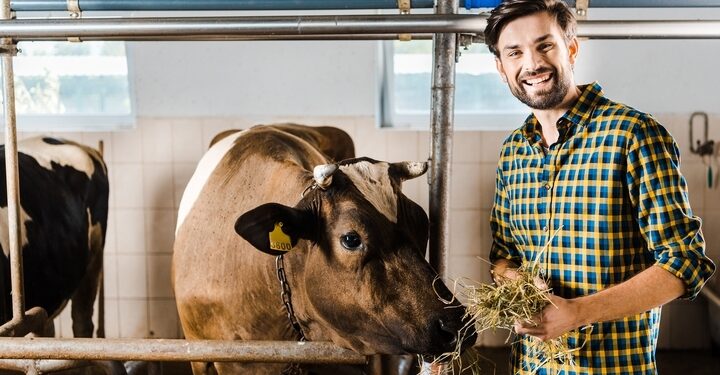
Dairy farmers are agricultural specialists focused on breeding and nurturing cows for milk production. People tend to assume that dairy farmers are only responsible for milking cows while so many other duties are on their table. Dairy farming can be complex but more straightforward when you understand the roles and responsibilities ahead of you.
Therefore, this project will explain what dairy farmers do.
1. Constructing Calf Pens
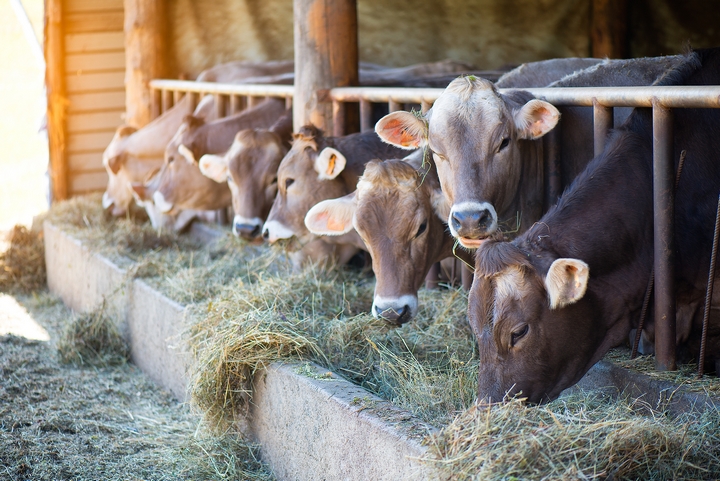
Calf pens are small enclosed units where young dairy calves stay in their infancy until they are fully mature to join the rest of the cows in the general barn. Dairy farmers are responsible for constructing calf pens to provide a safe environment for newborn and young calves.
The pens are often supplied with water, heating equipment, especially during winter, feeders, and bedding for maximum comfort and growth.
2. Employing Farm Employees
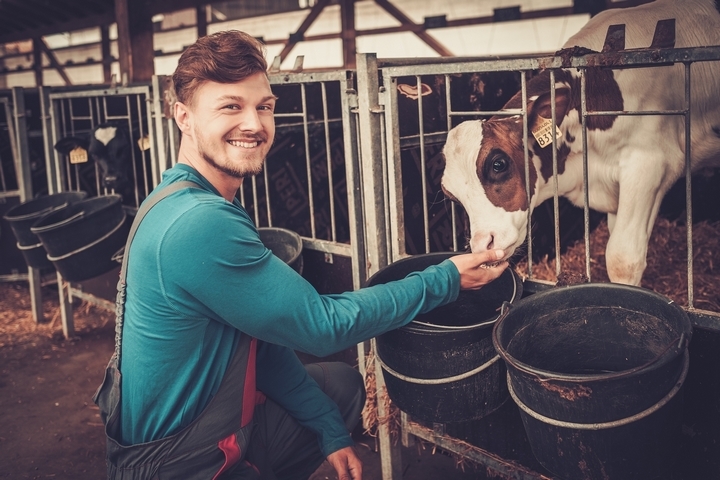
Dairy farmers are also responsible for employing farm employees for various duties. They don’t just hire but begin by conducting thorough research and interviews to acquire the best candidates.
After qualifying, dairy farmers will train the candidates to run standard farm duties while assisting with what appears complex. They then conduct occasion reviews on the performance of their employees to evaluate who and when to replace.
3. Purchasing and Maintaining Cattle Machinery
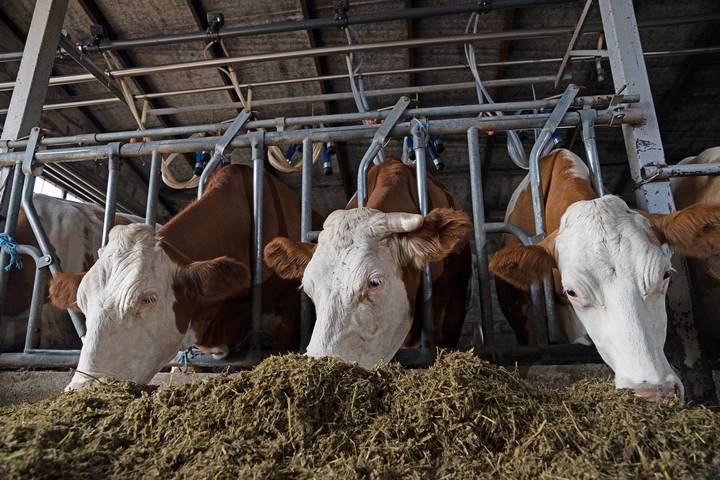
Dairy farming involves many types of farm machinery, including waste management tools, feeders, cooling systems, and milking machines. The farmer purchases and maintains the machinery to ensure smooth operations and uninterrupted production.
Farm machine maintenance involves repairing, cleaning, storing appropriately, and replacing when necessary. While dairy farmers can have their employees operate the machines on their behalf, they still monitor their performance and wellness.
4. Managing Waste Disposal
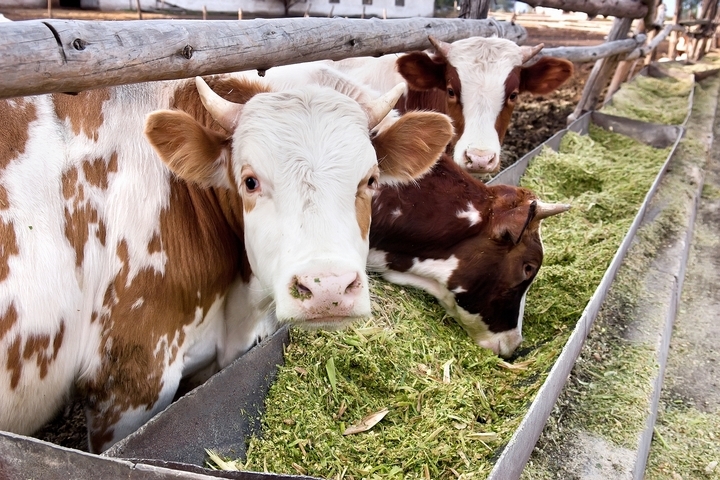
Like any other animal, dairy cows consume feeds and generate waste. Dairy farmers are responsible for managing the waste and ensuring it’s disposed of correctly. Poor waste management could easily attract certain diseases to the cows, especially the young ones, resulting in a potential problem with the law.
Therefore, dairy farmers should incorporate a proper waste disposal system in the barns that possibly direct the waste to the crop (if there’s one) to serve as manure. They can also sell the animal waste as manure to crop farmers.
5. Learning New Dairy Farming Trends
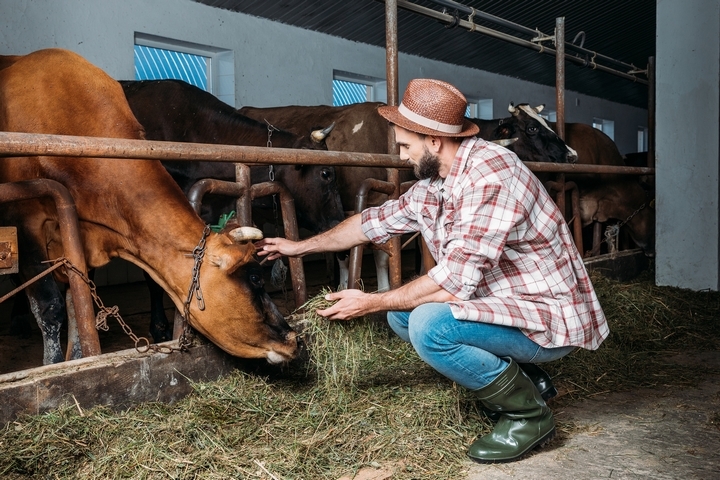
The agriculture industry is full of emerging trends that are beneficial to farmers. Dairy farmers equip themselves with every latest detail regarding their field and pass them on to their employees. They often do so by attending dairy farming training programs, reading newspapers and journals, and following up on dairy farming news through social media platforms.
6. Keeping Records
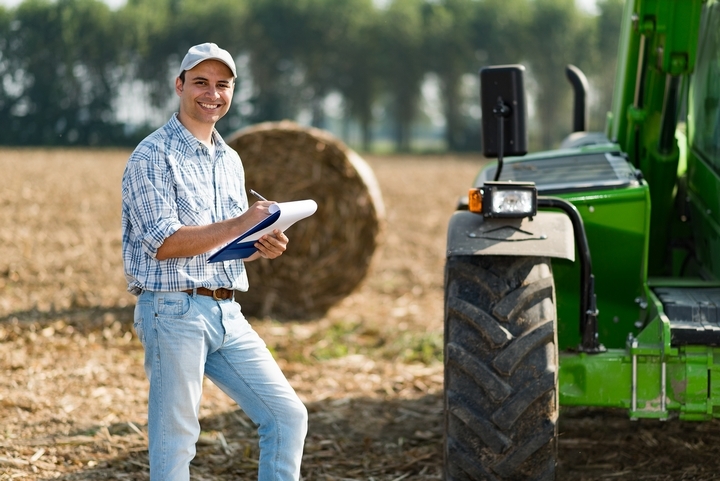
Record keeping is essential regardless of the field you’re in. Dairy farmers keep records regarding the cows’ production rate, performance, growth rate, milk production rate, health matters, and financial progress for commercial ones.
Record keeping ensures quick retrieval of data when needed and keeps a dairy farmer in the know in case of any changes concerning the cows. It also provides adequate planning regarding farm supplies and feeds.
7. Health Management
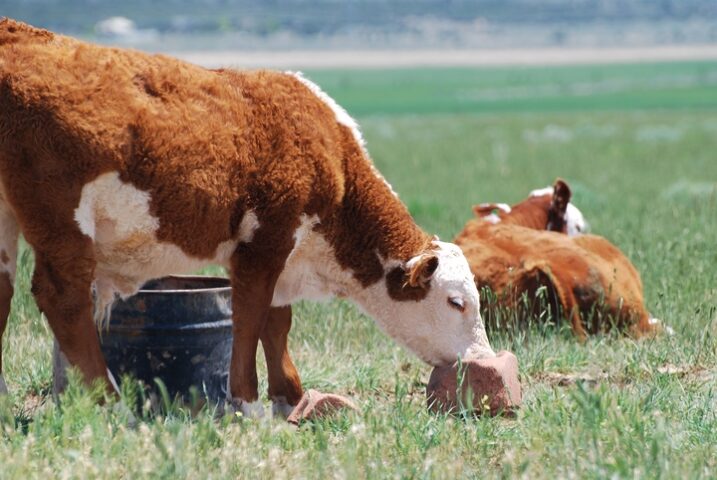
Dairy cows are required to stay in good health, just like their owners. That’s why dairy farmers examine the health and well-being of the animals to ensure they’re free from diseases and other discomforting situations.
They liaise with the veterinarian and other animal specialists to administer any required vaccines to the cows while acquiring various tips on keeping them safe. Dairy farmers also ensure the total cleanliness of the barns and farm machinery that would otherwise attract diseases if not monitored.
8. Cattle Feed Management
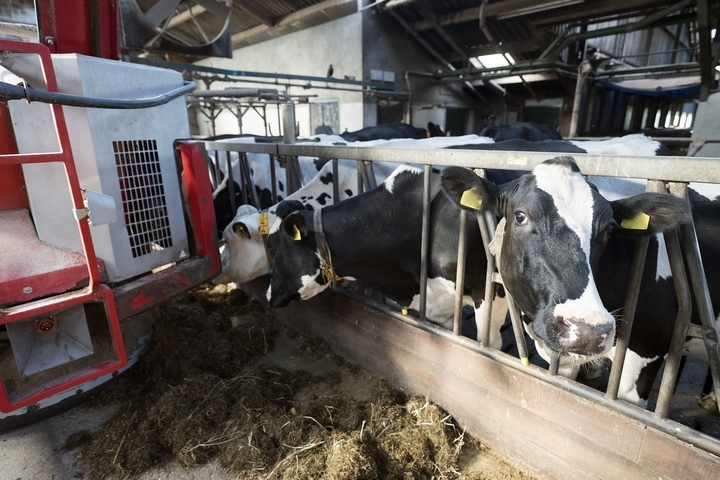
Dairy farmers are responsible for managing their cattle’s feeds and related supplies. They purchase and administer the feeds correctly and with enough water for adequate digestion. Young calves often feed differently from their adult counterparts, requiring the dairy farmer to separate their feeds from the rest.
They also ensure sufficient and timely refills on the feeding and water troughs when needed to provide an uninterrupted supply of nutrients and water. Well-fed and watered dairy cattle attain excellent milk production and a desirable reproduction rate.
9. Marketing and Selling Dairy Products
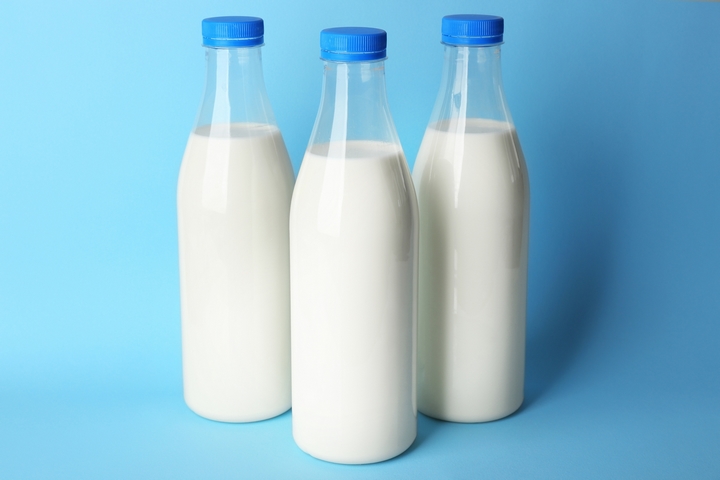
Most dairy farmers do it for commercial purposes as opposed to domestic ones. As a result, they are tasked with marketing their dairy products, such as milk, to potential buyers. This step entails setting the prices, publicizing the products, negotiating with buyers, ensuring the products are defect-free, and selling to the customers.
They must fulfill the local laws and regulations regarding commercial dairy farming to avoid problems with the law enforcers. Selling low-quality or defective dairy products can quickly get one’s license terminated or jailed, depending on the intensity of the matter.
Despite a few challenges, many dairy farmers can testify that the idea is fulfilling and rewarding. However, one must be dedicated and determined enough to achieve their best in nurturing dairy cattle. Ensure a comfortable and safe environment for the cows, and make the vet your best friend. Everything will progress well.


